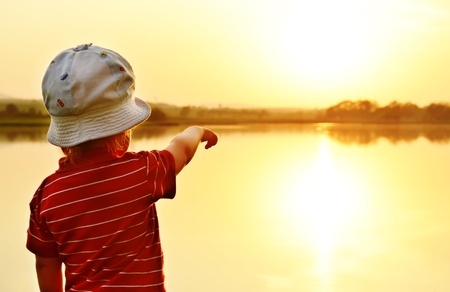

You stand the same risk with the naked eye or with sunglasses on when trying to watch the sun during a solar eclipse. Your retina does not have pain receptors, and you are at risk of developing solar keratitis or solar retinopathy. In fact, trying to skirt nature and squinting at the sun or wearing sunglasses while looking at it still exposes you to the UV rays, though it may not be apparent. No sunglass manufacturer has come up with a lens-building process that is 100-percent successful blocking out the sun’s harmful UV rays. The same goes for trying to protect yourself with sunglasses. You still stand the same risk of the harmful effects of the sun rays. In short, yes: Staring at the sun even with a hard squint is bad because squinting does not protect against harmful UV rays. Is It Bad to Squint Instead of Wearing Glasses? The affected area can be swollen or red vision can be blurry and the eyes may be itchy, dry, or have a burning sensation.

Cataracts: This occurs when the lens in the eye develops a cloudiness.It is a type of growth that can cause a burning or gritty sensation in the eye. Pterygia: This condition affects the sclera, but it can also invade the eye’s cornea.In the most advanced stages of macular degeneration, vision loss is noticeable, and people have a hard time seeing. Macular degeneration: This is characterized by the macula component of the retina sustaining damage.Simple exposure and going outside without eye protection can contribute to a higher risk of the following: For these effects to occur, someone does not need to look directly at the sun either. There are more ways the sun can affect the eyes. This will determine the exact condition present and its severity. If someone notices any of these symptoms, they must see an eye doctor immediately to get a workup. It is possible to experience distorted vision, a loss of central vision, and altered color vision. For some people, the symptoms indicating damage do not occur for several days, so they have no idea that their eyes were affected by looking at the solar eclipse.

The damage that occurs can be permanent or temporary. This effects the information that is sent to the brain, resulting in distorted images. Doing so can cause damage to retinal cells. Retinal burns and eclipse blindness are possible if someone looks right at the sun during a solar eclipse. The eclipse happens when the moon moves in between the earth and the sun, blocking the sun’s light from flooding the earth. In some cases, multiple blind spots occur.Ī solar eclipse is not a common event, but when they happen, people are naturally curious and want to experience it. In more serious cases, symptoms might include: Discomfort when looking at bright lights.The damage that can occur as a result of staring at the sun (solar retinopathy) can cause a variety of symptoms. Ultimately, how long it takes for damage to occur depends on several factors, such as the dilation of the pupil and the sun’s intensity on that specific day. Permanent retinal damage can occur when someone looks at the sun for 100 seconds or less. While recovery does occur for some people, it is possible to experience permanent visual acuity deficits. This flood of chemicals can cause tissue damage. It occurs when overstimulated light-sensing retina cells start to release signaling chemicals. At this point, if someone continues to stare at the sun, they can develop solar retinopathy. The eyes can also feel gritty and excessive tearing can occur.
#SIMPLE KID STARING AT THE SUN CRACK#
With overexposure to UV light, the corneal cells start to crack and blister, much like a regular sunburn. The ultraviolet light is the most damaging to the eye’s structures. The sun produces visible, ultraviolet, and infrared light. People instinctively look away and blink because discomfort starts to occur.Īs soon as someone looks at the sun, sunburn starts happening. The eyes are sensitive, so it makes it hard to look at any bright light for long. What Happens When Someone Stares at the Sun? Implantable Miniature Telescope Surgery.


 0 kommentar(er)
0 kommentar(er)
